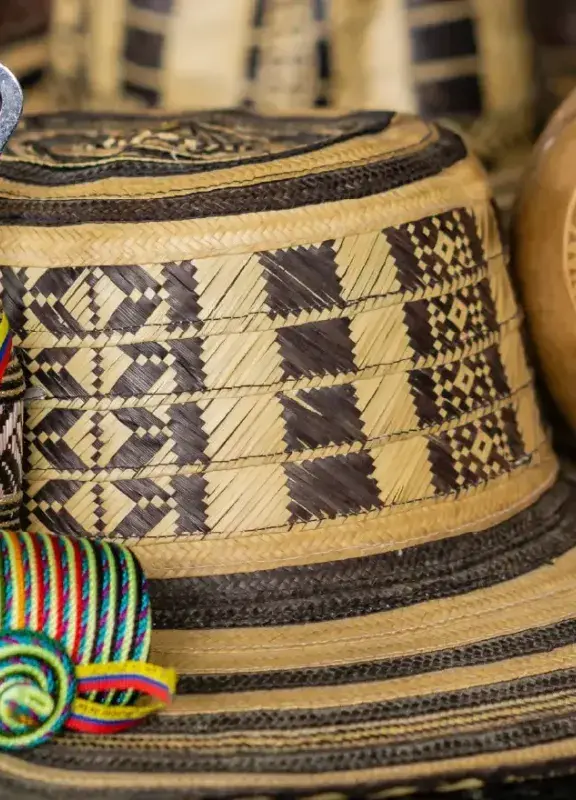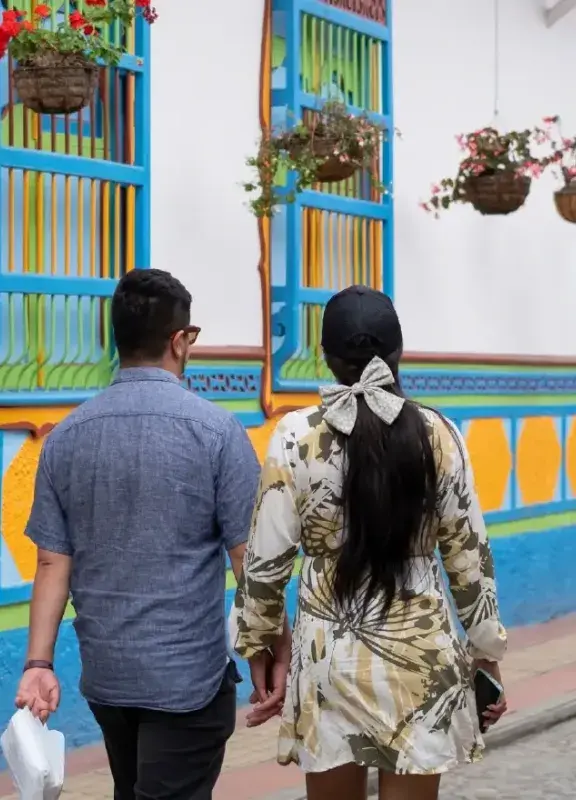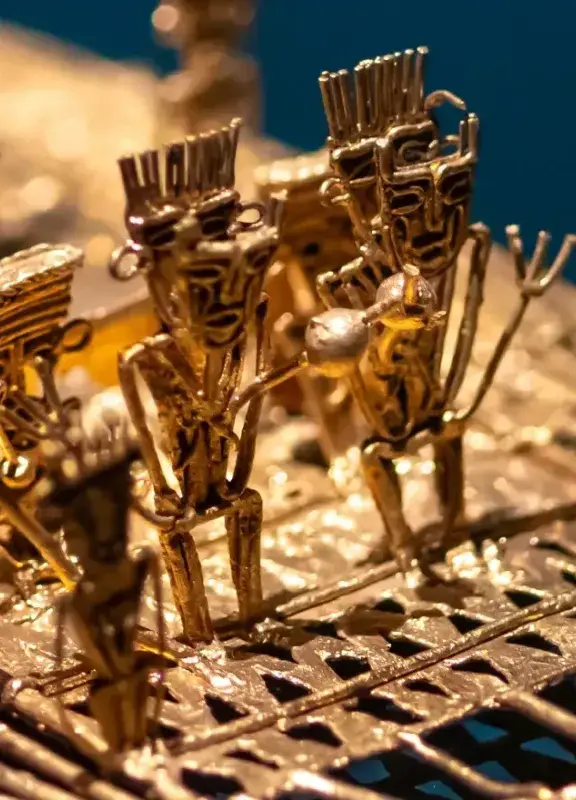Afro-Colombians and their contribution to the country of beauty
The contribution of Afro-Colombians is evident in much of the country's history. Their ancestral knowledge, popular rhythms, artistic expressions, sporting triumphs and contributions in diverse areas of knowledge are key to Colombian identity.
Several centuries of conquest, over a hundred years of colonization, and just two centuries of republican life have turned the Atlantic and Pacific Coasts into a paradise of diversity, nature, and cultural mixing. This laid the groundwork for the creation of both physical and symbolic spaces where the identity of African heritage could be solidified in our country. Afro-Colombians are a population with their own distinct culture, sharing a unique history and possessing traditions that set them apart from other ethnic groups.
The contribution of the Afro-descendant population to the construction of our country is undeniable. Literature, visual arts, film, sports, and music are just a few of the areas where Afro-Colombians have left a lasting legacy.
In Music
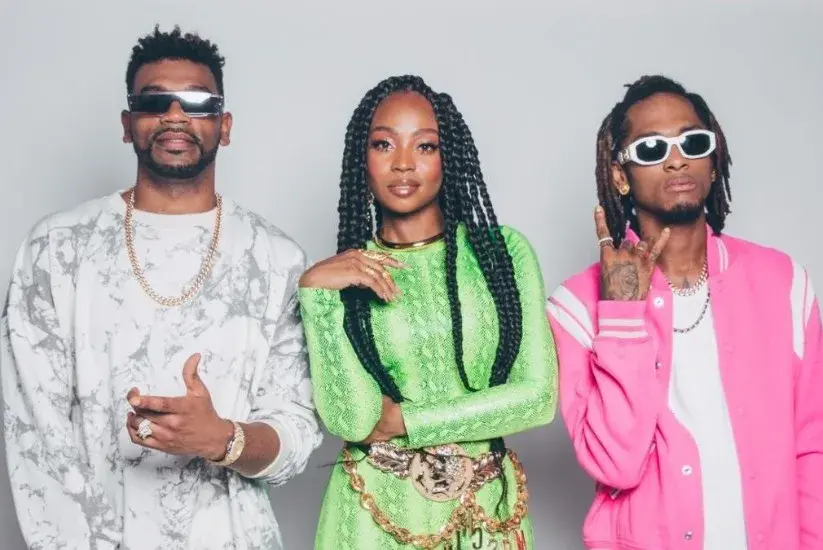
If there is one area where Afro music stands out, it is in fusion. The mix of genres such as hip hop, reggae, funk, and electronic with Pacific and Caribbean music has enriched Colombian rhythms with diversity and vibrancy.
In fact, some of the most prominent Afro-Colombian artists are key figures in the music scene. From the days of Joe Arroyo, Wilson Manyoma, and Jairo Varela with Grupo Niche to the salsa choke boom and the musical proposals of Herencia de Timbiquí, ChocQuibTown, and Mauro Castillo. These are just a few of the artists and rhythms that resonate and have left a legacy not only in Colombia but across the globe.
Pacific music and its rhythms have gained strength in recent years thanks to various festivals in Cali, Chocó, and Tumaco. A prime example is the Petronio Álvarez Pacific Music Festival, which has become one of the most important events showcasing music, cuisine, crafts, and ancestral knowledge of Colombia's culture. It has also served as a platform for various Colombian music artists and groups.
In Sports
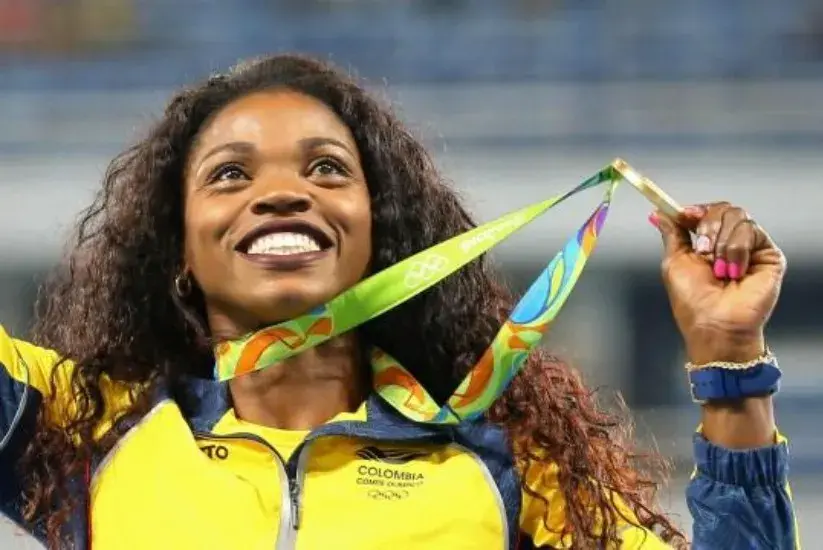
Many Afro-Colombian athletes have filled the country with pride. Some have authored some of the greatest golden chapters in Colombian sports. In disciplines such as soccer, weightlifting, athletics, and boxing, these athletes have stood out on the world’s biggest stages.
For instance, Antonio Cervantes "Kid Pambelé" became world boxing champion on the night of October 28, 1972. María Isabel Urrutia won Colombia’s first Olympic gold medal in Sydney 2000 by reaching glory in weightlifting. Édgar Rentería has also stood out as one of Colombia’s greatest baseball figures.
Fausto “El Tino” Asprilla is another standout. This forward from Valle del Cauca made a major impact on Colombian football. And when it comes to jumping, Caterine Ibargüen won a gold medal in the triple jump at the Turin 2006 Olympic Games. Without a doubt, the victories of the Afro-Colombian population in sports fill our country with pride.
Building the Nation
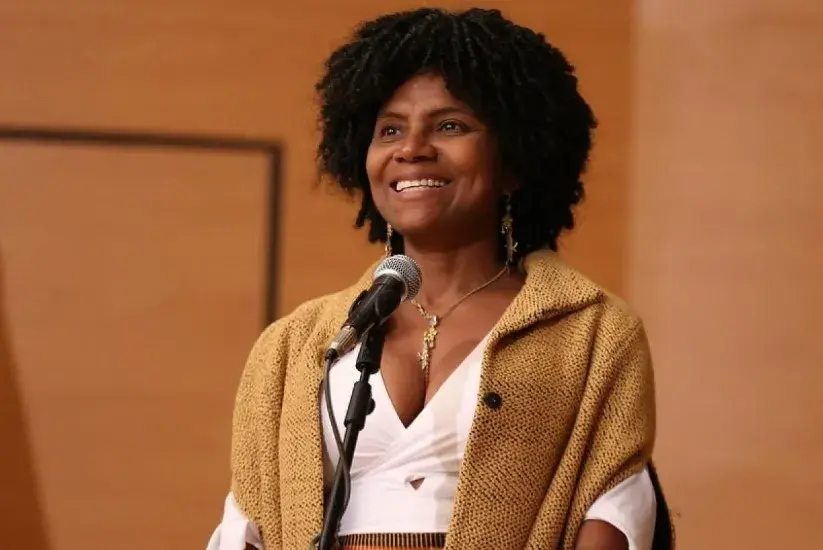
Afro-Colombians are key players in nation-building. In a country striving for social equity, the representation of the various ethnic and social groups that make it up is essential.
Among these leaders stands out Vice President Francia Márquez, who brings a feminist perspective and a strong awareness of the importance of preserving natural resources. Vice President Márquez was honored in 2015 with the National Human Rights Defense Award, in 2018 with the Goldman Environmental Prize, and in 2019 she was named one of the BBC’s 100 Women of the Year.
Also on the path of leadership is Colombian scientist Mabel Torres, former Minister of Science, Technology, and Innovation. She founded the company Salvacéutica in Chocó and teaches at the Technological University of the same department. Additionally, she has promoted changes to foster scientific research in the country.
Likewise, Afro-Colombian model, entrepreneur, and actress Belky Arizala is a social leader who, since the 1990s, has stood out for highlighting the importance of inclusion in Colombia through art. Through modeling and acting, she has consistently conveyed a message of respect for diversity, which inspired her to create the foundation “The Soul Has No Color,” a platform to promote values and visibility for Afro-descendant women.
Colombia’s richness is nourished by the contributions of Afro-Colombians who, through their art, music, sports, academic work, and activism, have left an indelible mark on the national identity.
Related articles:
 Welcome, you are in
Welcome, you are in 









